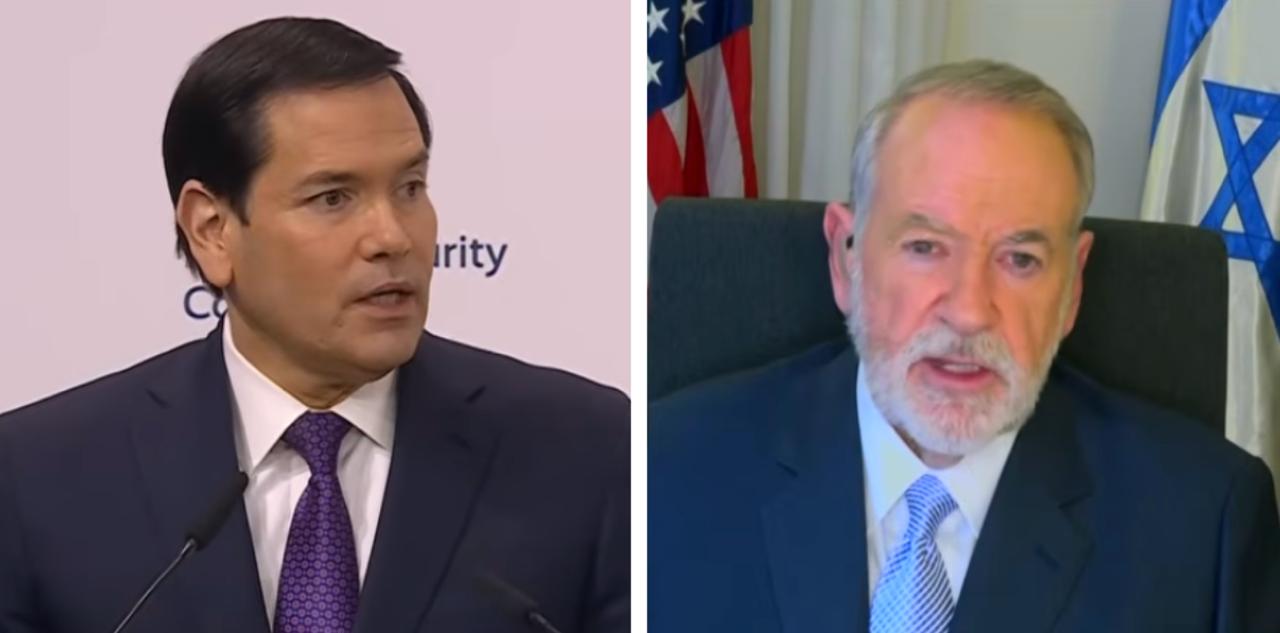Once revered for presenting science as a neutral and evidence-based pursuit, the publication became mired in ideological bias under the leadership of the now former Editor-in-Chief, Laura Helmuth. Her recent resignation amid controversy—following an expletive-laden rant against Trump voters—is a watershed moment, underscoring the perils of turning science into a platform for political advocacy.
Elon Musk’s recent comment on social media—“‘Scientific’ American needs a change in management”—captured the frustration of many who saw Helmuth’s behavior as emblematic of broader problems in institutional leadership. Musk’s call for reform isn’t unique; it echoes a growing sentiment that science, journalism, and education must return to their apolitical roots.
Helmuth’s resignation doesn’t exist in a vacuum. It is emblematic of a larger cultural shift.
With President-elect Donald Trump poised to re-enter the White House, academia and academic journals are in the public’s crosshairs. Trump’s return represents a broader demand for accountability across institutions, including those in higher education, journals and media, which have long avoided scrutiny while steering cultural narratives toward partisan objectives.
Science should never be partisan. All scientific progress depends on logic and objectivity. Research thrives on open inquiry, rigorous debate, and skepticism. It’s a process that demands evidence, not ideology. When institutions like Scientific American turn into mouthpieces for political leanings, they betray the foundational principles of science. Instead of fostering curiosity and diversity of thought, they risk alienating the very audience they aim to inform.
Laura Helmuth’s tenure embodied this shift. Rather than maintaining neutrality, she steered Scientific American into contentious political waters, often using the magazine as a vehicle to advocate ideological “findings” that lacked scientific evidence. Her frequent social media outbursts, including incendiary remarks about voters, revealed a disturbing bias that extended beyond her personal beliefs and into the editorial direction of one of America’s oldest scientific publications.
The backlash against Helmuth’s leadership is not just a repudiation of her editorial choices but a broader indictment of how science has been weaponized in recent years. Public confidence in scientific institutions has eroded, with many Americans now viewing science as just another tool for ideological warfare. This is a dangerous trend, particularly in an era when misinformation abounds, and trust in expertise is critical.
Helmuth’s resignation isn’t just a personal failure—it’s part of a larger reckoning. As Trump’s impending presidency signals a shift in national priorities, Americans are demanding accountability and balance in institutions that have grown overly politicized. Trump’s victory is a reminder that large swaths of the public are tired of being condescended to or dismissed by cultural elites. They want institutions—whether governmental, academic, or media-driven—to serve the people, not dictate to them.
This reckoning is about more than politics. It’s about restoring trust in institutions that have lost their way and in science in general. Under Helmuth, Scientific American became an echo chamber, excluding dissenting voices and aligning itself with partisan agendas. Her resignation is a reminder that this approach is unsustainable. Readers expect scientific publications to prioritize truth and evidence, not ideology.
The implications of allowing science to be politicized are profound. Science should be a unifying force, providing a common ground for all sides of a debate to engage with evidence and reason. When publications like Scientific American align themselves with specific political ideologies, they reinforce polarization, driving wedges between communities that could otherwise find shared solutions to pressing global challenges.
Moreover, the erosion of trust in scientific institutions has real-world consequences. In recent years, we’ve seen how skepticism toward scientific advice—whether about vaccines, climate change, or public health—can lead to dangerous outcomes. When once-trusted sources appear biased, they lose their ability to persuade or inform, and the public turns instead to less credible, but seemingly less biased, alternatives.
Under Trump’s presidency, there will likely be increased scrutiny of organizations that claim objectivity while displaying bias. From the Department of Education to the accreditation process of universities to the NIH and to all academic journals that prop up higher education under their “publish or perish” mantra, Trump has already indicated he will wield all tools at his disposal to reform the institutions that have perverted the public’s understanding of and trust in scientific progress. This scrutiny isn’t about stifling free speech—it’s about demanding honesty and fairness from institutions that wield significant influence over public opinion.
Helmuth’s resignation is a cautionary tale to all academic journal editors, their owners and to higher education overall. It demonstrates what happens when institutions prioritize ideology over truth. But it also offers an opportunity for course correction. Scientific American and similar organizations must return to their roots, embracing a culture of rigorous debate, openness to dissent, and a steadfast commitment to evidence-based reporting.
Science must unify, not divide. It must enlighten, not indoctrinate. For those of us who care deeply about the role of science in society, the lesson is clear: when science becomes a tool of ideology, it ceases to serve its purpose.
In an era where trust in expertise is fragile, science must rise above the fray and recommit to its true mission: the relentless pursuit of truth.
Dr. Isaiah Hankel is a 3X Best-Selling Author, CEO of Cheeky Scientist.





